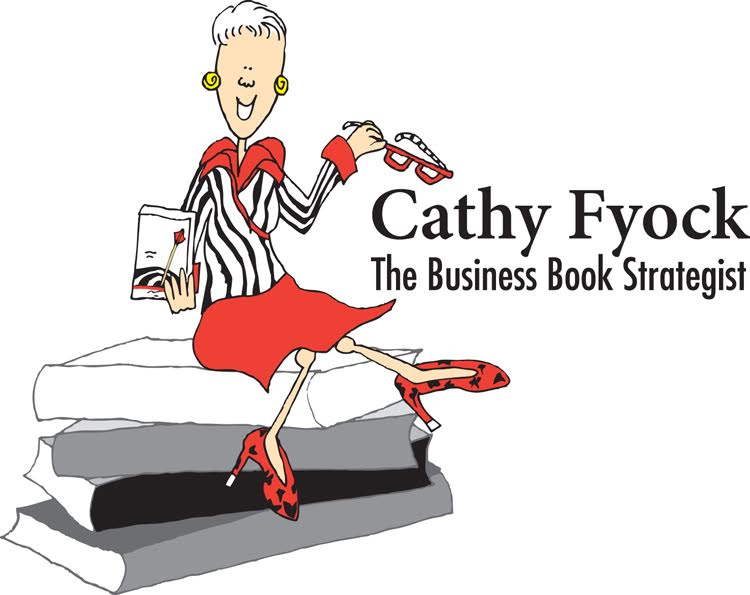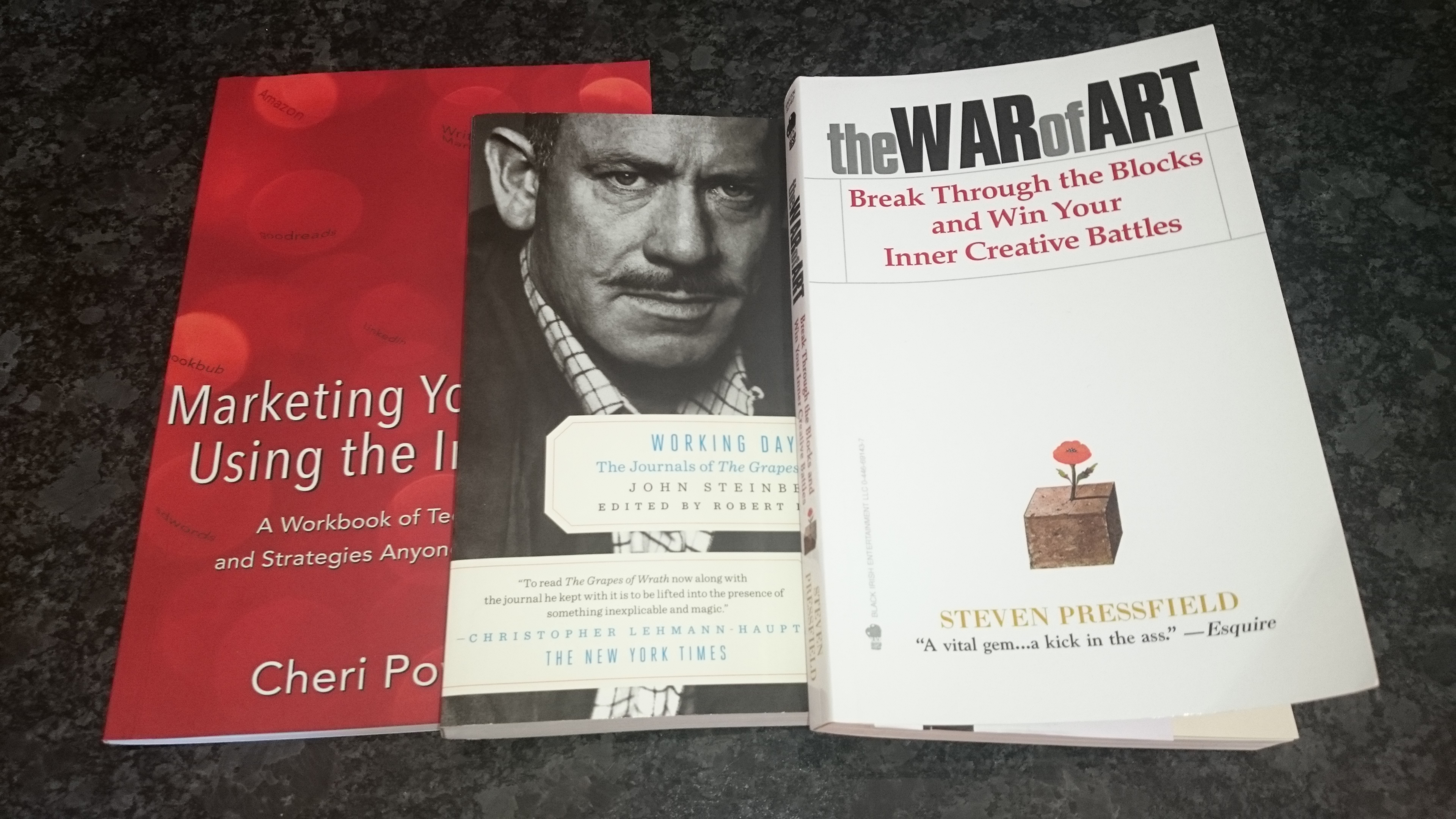My clients have been telling me about their favorite books on writing, and I’ve been exploring their recommendations. In this article I’ll share my new favorites with you for your summer reading list.
The War of Art, Steven Pressfield
In On Your Mark, Kevin and I depicted the voice of writers’ fears and doubts as The Bitch (with a capital “T” and a capital “B”). Steven Pressfield’s excellent book, The War of Art (not to be confused with The Art of War) depicts this same negative voice as Resistance with a capital “R.” He opens by saying, “Most of us have two lives. The life we live, and the unlived life within us. Between the two stands Resistance.” As an author of books on war (The Virtues of War, Tides of War), Pressfield is very familiar with the writers’ battles in expressing their art.
In the Foreward, Robert McKee states that Pressfield wrote the book expressly for him, but I’m betting that you will feel that he has written is just for you as well. In this short and accessible book, Pressfield outlines the work of the professional: preparation, order, patience, and endurance.
Ultimately, Pressfield argues that creativity is born of the divine. He states, “Creative work is not a selfish act or a bid for attention on the part of the actor. It’s a gift to the world and every being in it. Don’t cheat us of your contribution. Give us what you’ve got.”
And to that I say, “Amen!”
Working Days: The Journals of the Grapes of Wrath, John Steinbeck, edited by Robert DeMott
John Steinbeck is arguably one of the greatest novelists of American literature, yet he dealt with many of the same battles that are fought every day by writers and artists in expressing their truth. Working Days: The Journals of the Grapes of Wrath are Steinbeck’s personal musings during the writing of his epic novel, and express his discipline, doubts, and even despair.
I found it particularly insightful that Steinbeck followed some of the basic principles of writing discipline:
- He wrote nearly every day (he would sometimes allow for a half-day of production on Saturdays)
- He had definite guidelines for what constituted a full day’s work (2000 words)
- He envisioned the entire work from the onset, then developed daily goals for what his writing would cover
- He had an accountability partner of sorts, committing his plan each day to his diary
Like all of us who write, Steinbeck expressed frustration over the difficulty of getting back to work after a few days’ off for travel or to visit friends. He also discussed the importance of balance, rest, and recuperation for productive work.
Most fascinating to me is that he was frequently visited by that voice that Kevin and I call “The Bitch,” and that Steven Pressfield calls “Resistance.” He documents those visits in these lines:
- “I’m getting worried about this book.”
- ”But I want it to be good and I’m afraid I’m slipping.”
- “I’m not a writer. I’ve been fooling myself and other people.”
Writers who want to learn from the masters of the craft should read this book. I plan to read it again alongside the novel for additional insights.
Marketing Your Book Using the Internet, Cheri Powell
Cheri Powell is author, publisher, and marketer—roles increasingly played by those writers who want to bring their work into the world. Several months ago she provided a webinar for me on this topic, and in so doing, put her thoughts together in this new book available from Amazon.
What I love about Powell’s book is that it is practical and actionable. She takes the author through all of the mechanics of marketing on the Internet, from details on working with Amazon and Goodreads, to social media and media releases. She begins with a questionnaire in which you fill in the blanks to determine your title, keywords, themes, and target audience. Each chapter ends with a checklist of ideas and recommendations.
To order Cheri’s book on Amazon, follow this link.
Cheri will be returning to conduct another webinar in August (tentatively scheduled for August 12 at 5pm eastern). Visit my website for details and registration, or to listen to part one of Cheri’s excellent presentation. https://www.cathyfyock.com//webinars/
More Resources
Last week Kimberly Crum, memoir coach and owner of Shape and Flow, a writers’ studio in Louisville, provided an excellent review of memoir and offered some excellent resources which she has graciously offered to you here.
“To Fashion a Text,” by Annie Dillard http://archive.wilsonquarterly.com/sites/default/files/articles/WQ_VOL12_NY_1988_Perspective_02.pdf
Phillip Lopate’s “On the Necessity of Turning Oneself Into a Character” http://www.unm.edu/~gmartin/Essays/Writing%20Personal%20Essays%20-%20Turning%20Oneself%20into%20a%20Character.pdf
Patricia Hampl’s “Memory and Imagination” http://eng256cnf.wikispaces.com/file/view/Memory+and+Imagination_Patricia+Hampl.pdf
“Picturing the Personal Essay” https://www.creativenonfiction.org/online-reading/picturing-personal-essay-visual-guide
Anne Lamott’s “Shitty First Drafts” https://wrd.as.uky.edu/sites/default/files/1-Shitty%20First%20Drafts.pdf
For those in Louisville who might like to join a memoir workshop, Kimberly will begin a morning workshop Monday June 1 and the next evening workshop Monday, June 15. She also has readings of students and teachers on Thursday, June 11. Her emphasis is on process and craft. Visit her website for more information. http://safws.com/

